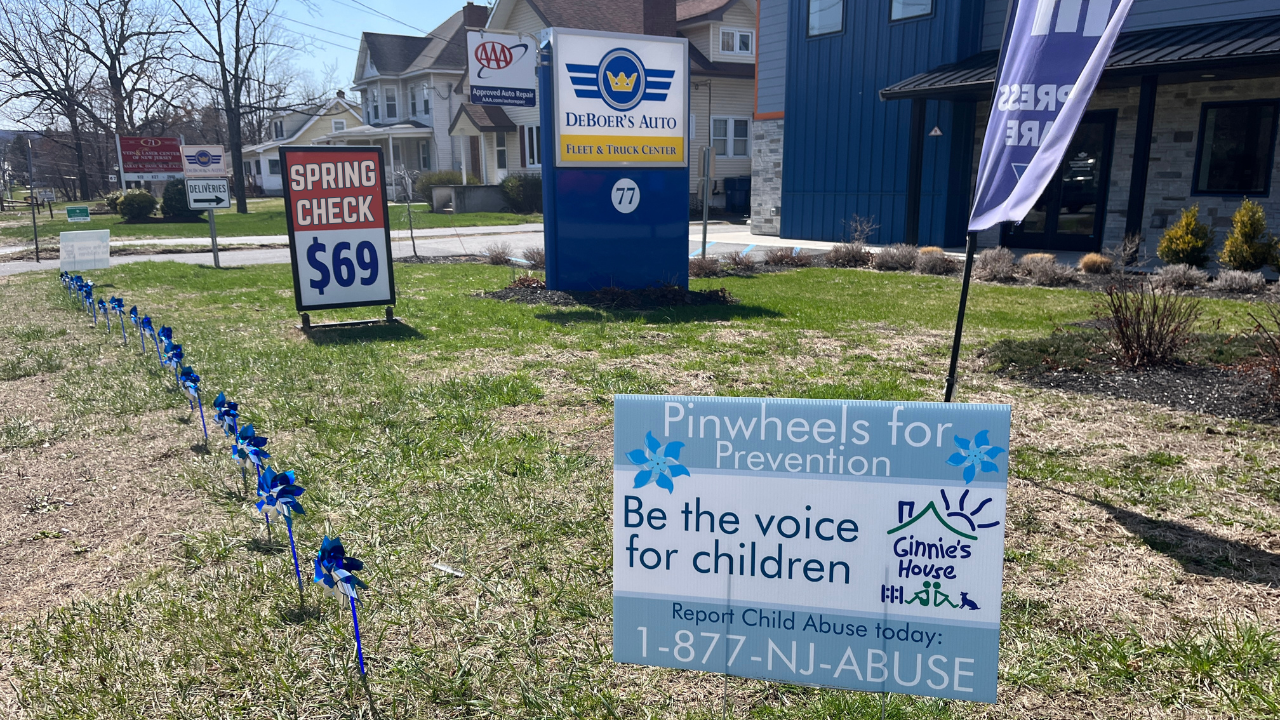When we talk about vehicle maintenance, most drivers immediately think of oil changes or tire rotations. These are important, of course, but there’s one system that often gets overlooked—even though it plays a critical role in your safety every time you get behind the wheel: your brakes.Brake systems are one of the most essential components of your vehicle. They are responsible for slowing down and stopping your car safely, allowing you to respond to traffic, road conditions, and unexpected situations in real time. Despite their importance, many drivers wait until something feels “off” or sounds unusual before having them checked. By then, it might be too late to prevent damage—or worse, an accident.
Neglecting your brake system doesn’t just lead to inconvenient or costly repairs. It can result in real safety hazards. Over time, brake pads wear down and lose their effectiveness. If they’re not replaced in time, the metal backing can grind directly against your rotors, causing further damage and significantly increasing your stopping distance. In emergency situations, those extra few feet can make all the difference.
Another component that often goes unnoticed is the brake fluid. Brake fluid absorbs moisture over time, which reduces its effectiveness and can cause corrosion in the brake lines. If you’ve ever experienced a “soft” or spongy feeling when pressing your brake pedal, low or degraded brake fluid might be the culprit. This type of issue doesn’t happen overnight—it’s gradual, making regular inspections even more important.
Brake problems don’t always make themselves known with flashing lights or dashboard alerts. Often, the first indicators are subtle: a squeak here, a grinding sound there, or a slight vibration when you press the pedal. These early symptoms are your vehicle’s way of asking for help. Unfortunately, it’s common for drivers to ignore them, thinking it’s just something small. The reality is that those “small” issues can quickly escalate into bigger, more expensive repairs—not to mention higher safety risks.
Proper brake maintenance isn’t just about fixing problems when they arise. It’s about preventing them from happening in the first place. A thorough brake inspection typically includes examining the pads, rotors, calipers, and fluid, as well as checking for any uneven wear or damage that could compromise performance. Staying ahead of these issues not only helps protect your vehicle—it also helps protect your wallet.
At DeBoer’s Auto, we encourage a proactive approach to brake care. We’ve seen time and again how a simple checkup can catch minor issues before they turn into major repairs. More importantly, we’ve seen how regular maintenance can give our customers peace of mind, knowing their vehicle is equipped to stop safely and effectively when it matters most.
If it’s been a while since your last brake inspection—or if you’ve noticed even the slightest change in how your vehicle stops—don’t wait. Your brakes work hard to keep you safe. It’s worth taking a moment to return the favor.









